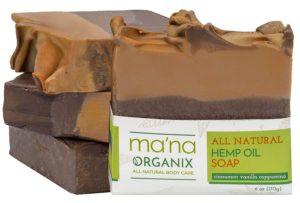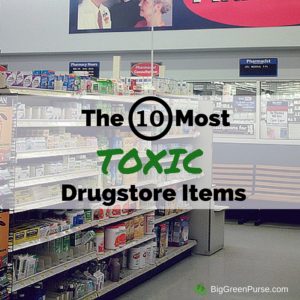You know fresh food tastes better. Turns out, it’s safer for you, too.
A new study by Environmental Working Group has found a toxic ingredient associated with birth defects of the male and female reproductive systems in the lining of over half of 97 cans of name-brand fruit, vegetables, soda and other commonly eaten canned goods.
The chemical is bisphenol A (BPA), a plastic and resin ingredient used to line metal food and drink cans. BPA is also found in plastic bottles, even baby bottles, and plastic food containers.
EWG’s lab tested nearly 28 different types of food. Chicken soup, infant formula and ravioli had BPA levels of highest concern. For 1 in 10 cans of all food tested, and 1 in 3 cans of infant formula, a single serving contained enough BPA to expose a woman or infant to BPA levels more than 200 times the government’s traditional safe level of exposure for industrial chemicals. Pregnant women and formula-fed infants may be at particular risk if they’re eating or drinking canned foods or beverages.
BPA is associated with several health problems and diseases that are increasing among Americans, including breast and prostate cancer and infertility. Given that almost 20% of our diet comes from canned food, the issue is not one we can afford to ignore.
What to do?
* Eat more fresh fruits and vegetables.
* Buy pre-packaged food in glass jars, not cans.
* Eat a varied diet, reducing the amount of canned food overall.
* Breast-feed children as long as possible; use powdered formula rather than pre-mixed formula from a can.
* BPA is often found in #7 polycarbonate plastic. Choose #1,2 or 4 plastic instead. Never microwave in plastic, especially food for kids. Use ceramic, glass or microwavable dishware.
* Use baby bottles made from glass, polyethylene or polypropylene plastic.
* Throw out old, scratched plastic bottles or food containers.
* Replace plastic wrap with paper, cloth, glass or stainless steel.
For more recommendations, read the full Environmental Working Group study.















